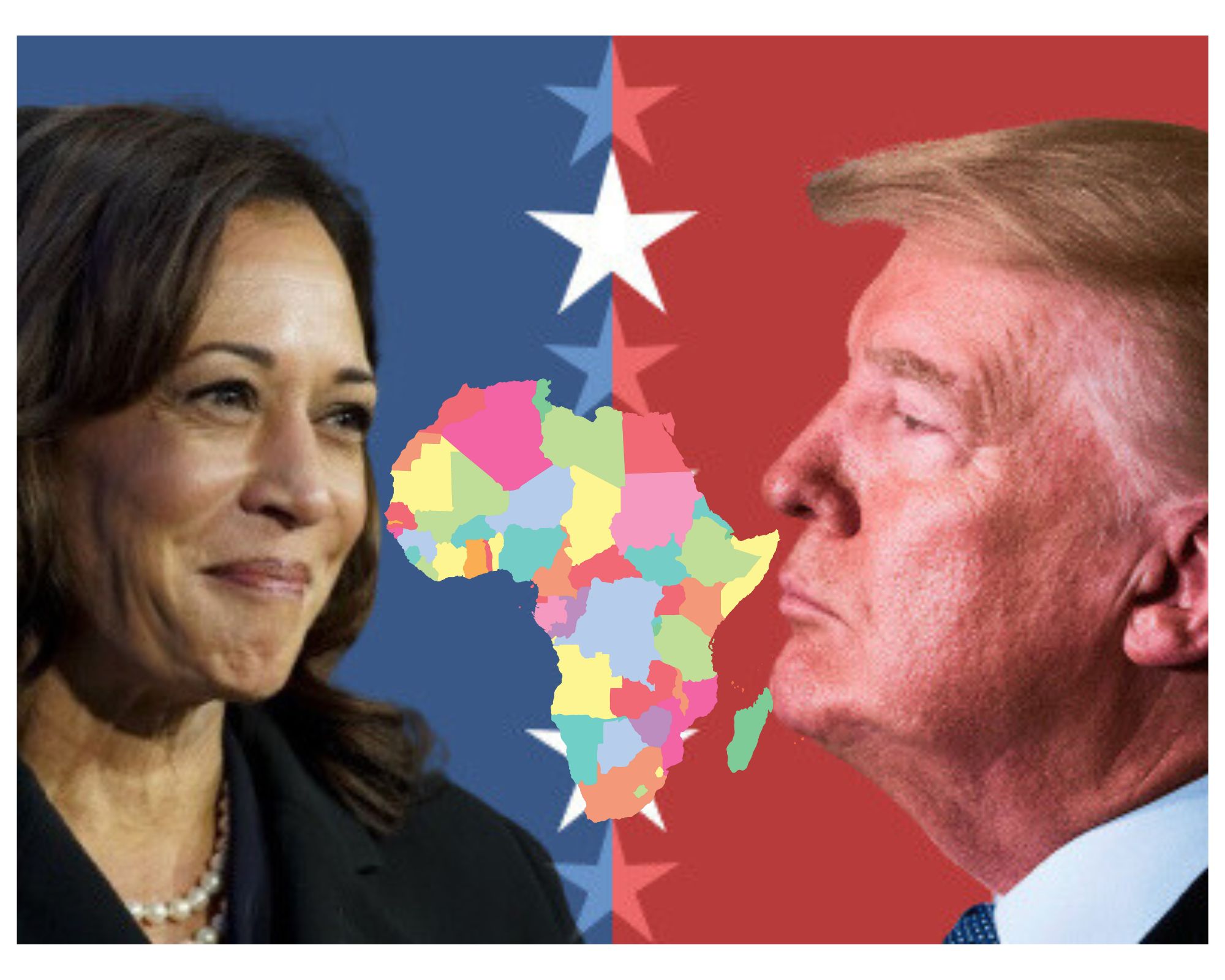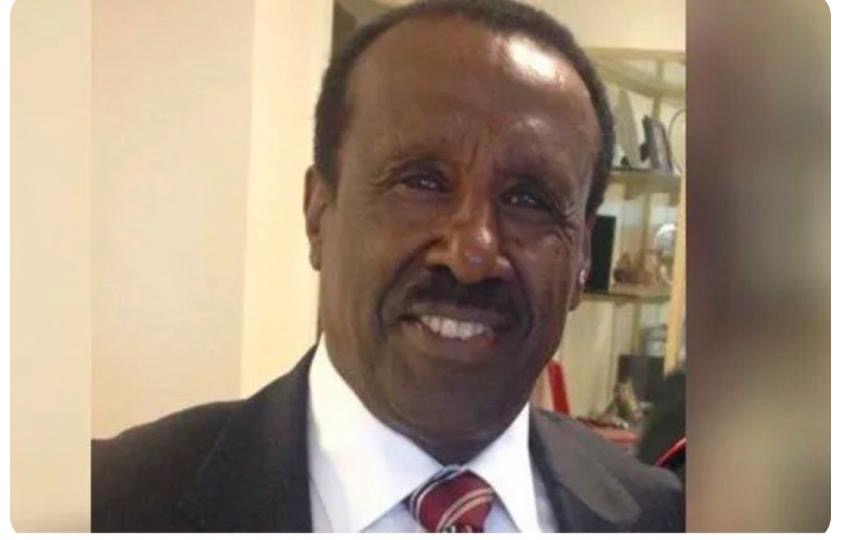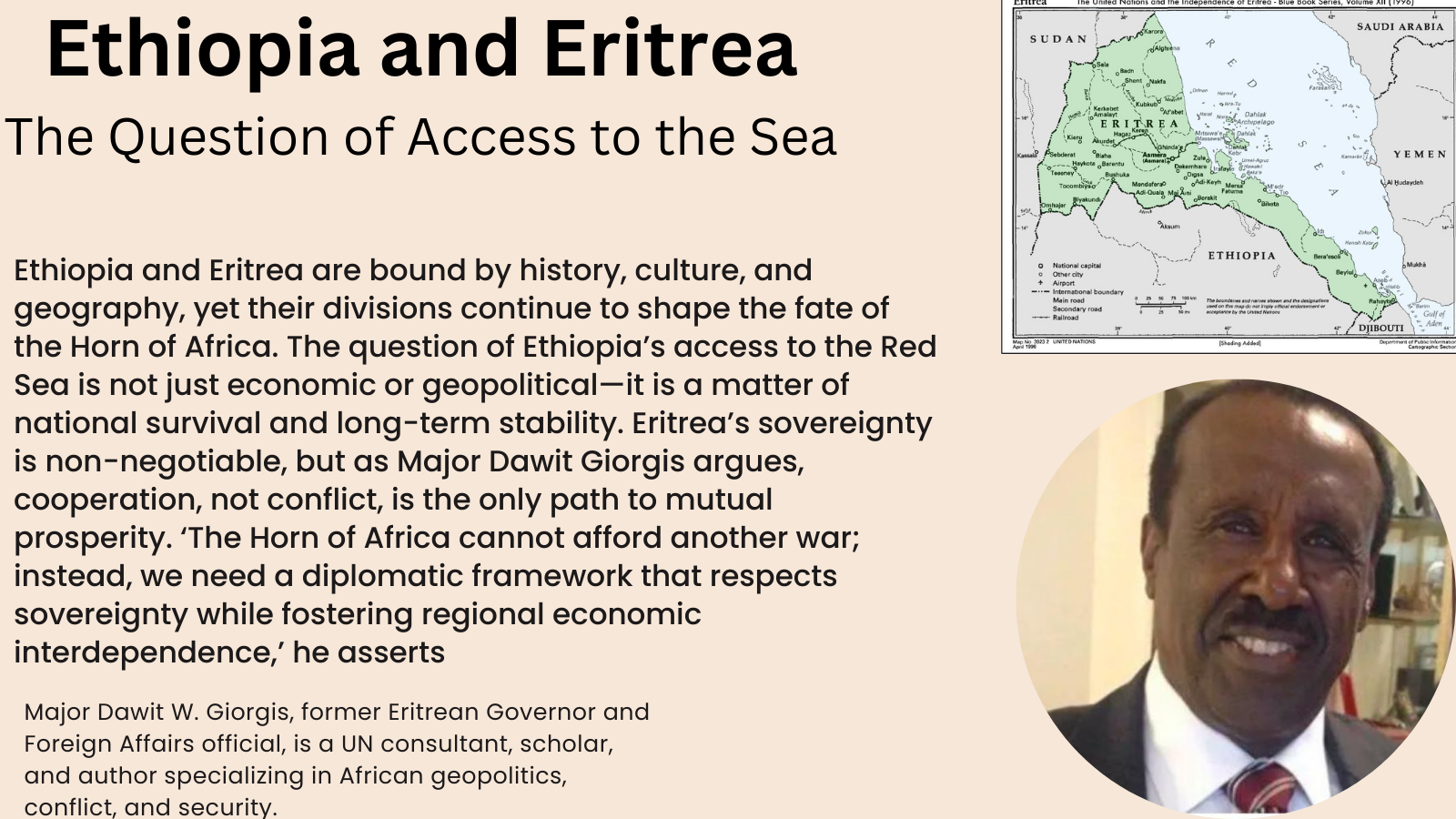African Immigrant Communities Eye Economic, Immigration, and Diplomatic Stakes as U.S. Africa Institute Unveils Key Findings from 2024 Election Survey
Survey Reveals African Immigrant Communities Closely Watching U.S. Elections, Highlight Concerns over Economic Opportutnities, Immigration and U.S.-Africa Relations

As the 2024 U.S. presidential election looms, a new survey from the U.S. Africa Institute reveals a profound level of engagement from African immigrant communities in the U.S. and African nationals. The survey, conducted between July and October 2024, outlines critical concerns these groups have, ranging from economic opportunities and immigration reform to the broader impact of U.S. foreign policy on Africa.
The data underscores the unique position of these communities, whose perspectives straddle domestic U.S. policy and transcontinental diplomatic relationships. For many African immigrants, the U.S. election is not just a political spectacle—they view its outcomes as directly shaping their futures, both in America and in their countries of origin.
Economic Priorities Drive Engagement
The survey’s findings reveal that economic concerns dominate the discourse within African immigrant communities. Approximately 62% of respondents ranked the economy and job opportunities as their top concern, reflecting the community’s dependence on economic stability in the U.S. as well as the influence U.S. economic policies have on African nations. With many African economies deeply intertwined with U.S. trade and international aid, respondents expressed apprehension about how shifts in U.S. leadership could potentially alter these dynamics.

In addition to economic worries, 44% of the respondents pointed to immigration reform as a major issue, with many advocating for more accessible pathways to citizenship and improved family reunification policies. This is especially poignant for African immigrants, who face prolonged visa backlogs and limited opportunities for legal status adjustments. Their concerns align with broader debates within U.S. society, where immigration reform is a recurring election issue, often met with polarizing viewpoints.
Africa’s Economic and Political Stability at Stake
One of the most revealing insights from the survey is the perception that U.S. election outcomes directly affect Africa’s political and economic landscape. A significant 81% of respondents believe that U.S. elections have a direct economic impact on African countries, while 79% see political consequences as equally potent. These figures illustrate a keen awareness of how U.S. foreign policy, including trade agreements, foreign aid, and development partnerships, can either foster or impede progress in Africa.

“This survey provides an important snapshot of the views and concerns of African immigrant communities and African nationals, showing that they are closely engaged with U.S. political developments,” said Dr. Tadios Belay, President and CEO of U.S. Africa Institute’. “The findings also underscore the need for greater representation of African voices in U.S. political discussions, particularly on immigration and foreign policy issues.”
Given the historical patterns of U.S. involvement in Africa, through initiatives such as the African Growth and Opportunity Act (AGOA) and the Millennium Challenge Corporation (MCC), African respondents are acutely aware of the stakes. Any shifts in U.S. foreign policy could reverberate across the continent, influencing economic reforms, democratic governance, and infrastructure development in key African nations.
Underrepresentation in U.S. Political Discourse
Despite their high level of engagement, a majority of African immigrant respondents (72%) feel underrepresented in U.S. political discussions, particularly in debates that directly affect Africa and its diaspora communities. Many respondents expressed frustration at the lack of African voices in discussions surrounding immigration, economic reform, and foreign policy, despite their vested interest in these areas.
This sense of marginalization highlights a broader issue of political inclusion, especially for immigrant communities whose contributions and challenges are often overlooked in national dialogues. The data suggests that U.S. political campaigns and policymakers need to do more to recognize and incorporate the views of these communities, particularly as their concerns intersect with larger global policy debates.
Support for Democratic Party Policies
The survey also revealed a strong leaning towards the Democratic Party, with 72% of respondents indicating support for its platform, particularly on immigration and racial justice. African immigrants and African nationals view the Democratic Party as being more attuned to their concerns, especially regarding issues such as civil rights and equitable economic opportunities. This support reflects the party’s broader alignment with the immigrant communities’ desire for reform in areas like healthcare, racial equity, and economic inclusion.
U.S.-Africa Relations: A Mixed Review
Perceptions of U.S.-Africa relations were mixed. While some respondents (28%) feel the relationship between the U.S. and Africa has improved over the past few years, 21% believe it remains unchanged, and 23% feel it has worsened. These findings reflect the ongoing complexities of U.S.-Africa engagement, where aid and trade policies have improved certain sectors but have not necessarily translated into widespread economic or political change across the continent.
Policy Implications
The U.S. Africa Institute’s survey points to a growing need for policymakers to prioritize the voices of African immigrants and African nationals when shaping U.S. policy. The Institute is advocating for local, state, and national policymakers to consider these communities’ perspectives, particularly as they affect immigration reform, economic policy, and U.S.-Africa diplomatic relations.
As the U.S. presidential election approaches, it’s clear that African immigrants and African nationals are paying close attention, viewing the election as a pivotal moment that could reshape both their futures in America and the development trajectory of their home countries.
This report serves as a reminder that the U.S. election is a global event, with outcomes that will ripple far beyond American shores, touching the lives of millions across Africa and the diaspora.
Conclusion
The U.S. Africa Institute’s findings provide a powerful lens into the concerns and priorities of African communities globally. As the world watches the U.S. elections unfold, these communities continue to hope for policies that bridge the gap between their aspirations and the realities they face, both in the U.S. and in Africa. The survey results serve as a call to action for policymakers to engage more deeply with African voices, ensuring that their unique perspectives are considered in shaping the future of U.S.-Africa relations.
Editorial Note:
The findings presented in this analysis are based on the 2024 U.S. Election Survey conducted by the U.S. Africa Institute, a leading non-partisan think tank that promotes U.S.-Africa relations and engages with African diaspora communities. The survey gathered perspectives from African immigrants in the U.S. and African nationals, offering critical insights into how these groups view the impact of U.S. political developments on both their lives and the future of Africa. This comprehensive analysis highlights the pressing concerns around economic opportunities, immigration reform, and the state of U.S.-Africa relations.




